 Story
Story
This issue features research from all of the University of Pretoria's nine faculties and our business school, the Gordan Institute of Business Science (GIBS) and shows how our research is opening a new world and a better future.
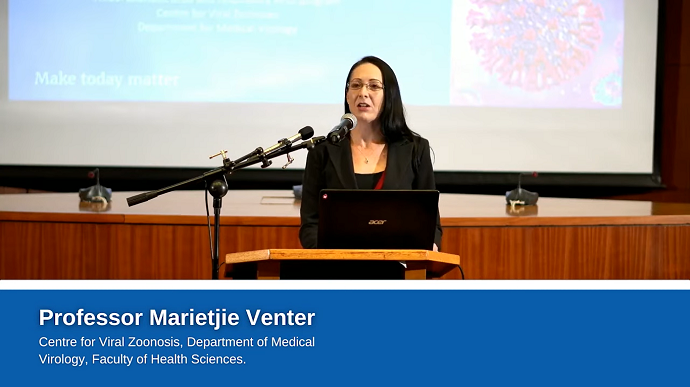 Lecture
Lecture
The World Health Organisation (WHO) identified disease X as the next pandemic threat, a year before the emergence of SARS-CoV-2, which sparked the COVID-19 pandemic. The true impact of the pandemic over the past two years far exceeded our expectations, with >18 million excess deaths worldwide, as well as extensive pressure on healthcare systems and the global economy. Although the world is...
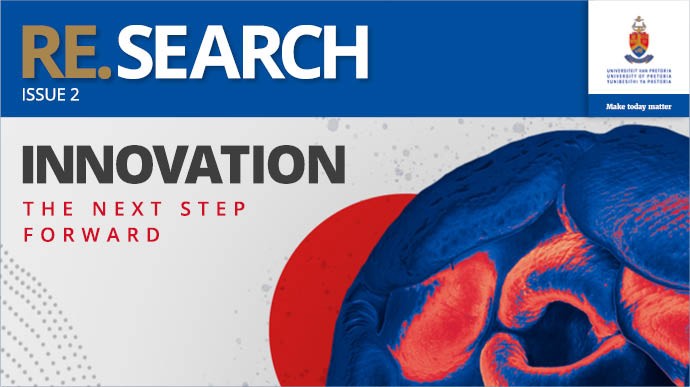 Story
Story
Innovation is the next step forward. The innovations highlighted in this edition show us that the knowledge we create today is a step forward to future.
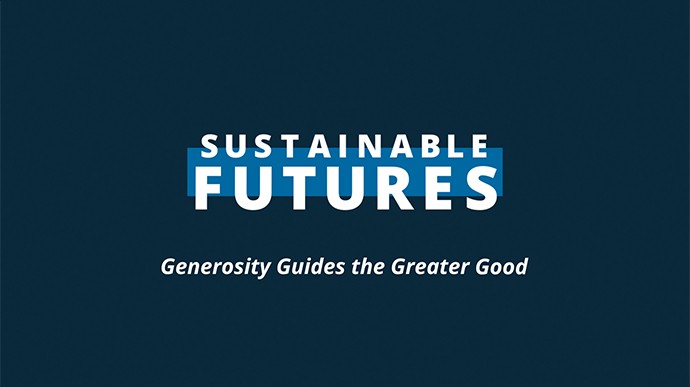 Web Series
Web Series
Research from the University of Pretoria shows that South Africans are more willing to contribute to a cause if they believe that their donation will have a greater impact on society. In this episode we learn how the generosity of South Africans impacts on our lives.
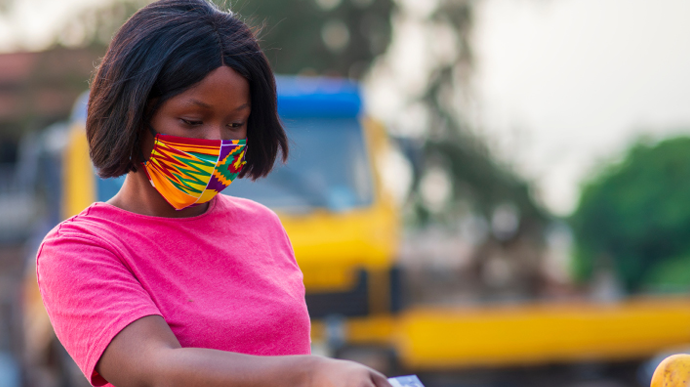 Story
Story
Can the government communicate more effectively with people to encourage them to contribute more to initiatives such as the Solidarity Fund? By better understanding the factors that will nudge citizens into action, it can.
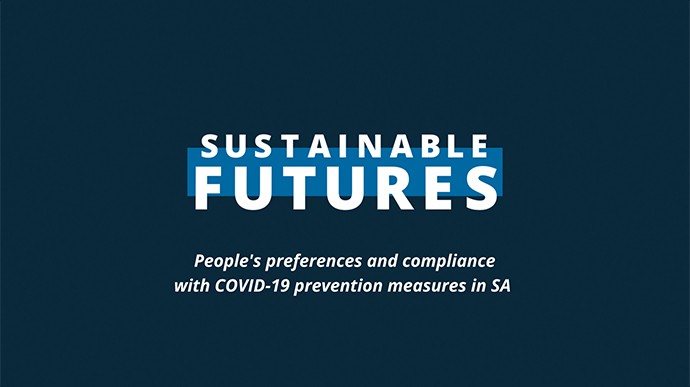 Web Series
Web Series
Dr Nicky Nicholls and Dr Eleni Yitbarek of UP’s Department of Economics studied beliefs and behavioural preferences as predictors of compliance with regulations aimed at reducing the transmission of COVID-19 in South Africa. Watch this short video to learn more.
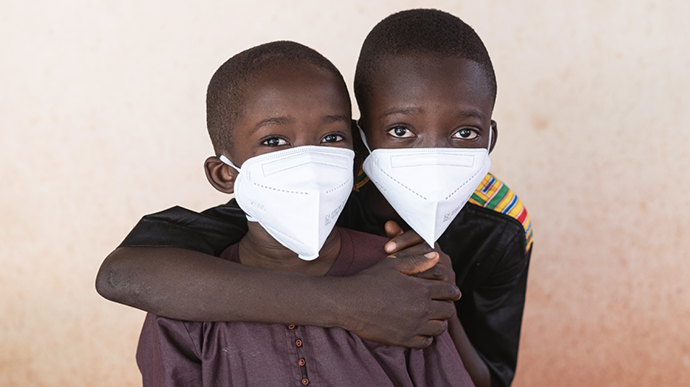 Story
Story
A study led by researchers at the University of Pretoria (UP) has found that people who believe that others are complying with COVID-19 regulations are more likely to comply as well.
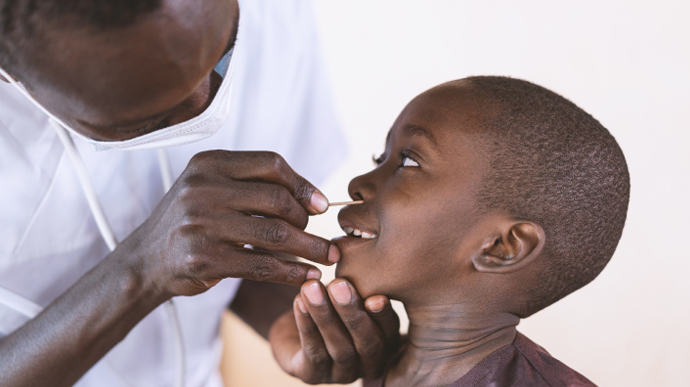 Story
Story
A multidisciplinary study led by two University of Pretoria (UP) researchers has found that Tshwane District hospitals were under immense pressure to provide clinical services in the face of an influx of paediatric patients (under 19 years old) during the early stages of the COVID-19 Omicron wave in November and December 2021.
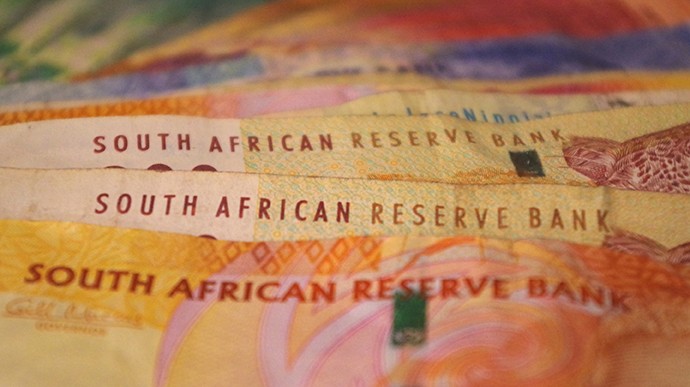 Talking Point
Talking Point
Since the onset of the COVID pandemic in 2020, South Africa has borrowed a total of about US$7 billion (about R106 billion). The money has come from the International Monetary Fund, the New Development Bank, the African Development Bank, and the World Bank.
Copyright © University of Pretoria 2024. All rights reserved.
Get Social With Us
Download the UP Mobile App